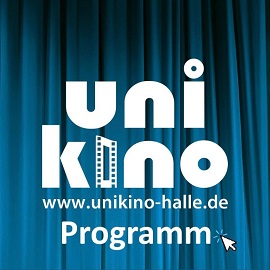General information
| Course name | Seminar: Travelling Technologies |
| Course number | MA: APT (alt: STE) |
| Semester | SS 2014 |
| Current number of participants | 1 |
| Home institute | Ethnologie/Kulturvergleichende Soziologie |
| Courses type | Seminar in category Offizielle Lehrveranstaltungen |
| First date | Wednesday, 09.04.2014 10:15 - 11:45 |
| Type/Form | MA: APT (alt: STE) |
| Participants | Practices of social ordering are manifold; they do not result in the one “social order” but rather in several orderings, some of which are congruent and others producing disjunctures – like incongruous normative expectations, diverse imaginaries, incommensurable epistemes and ontologies. Manifold orderings are in a permanent state of transformation, which is partly due to the unavoidable existence of disjunctures between various orderings, which can become the source of new forms. The permanent and often contingent transformation of orderings is also due to travelling technologies, understood in the broad sense of the term, i.e. as material and social technologies, and technologies of the self, which spread around the globe and across different fields. Modernity (capitalism, industrialism) amplifies and accelerates the circulation of technologies, creating a regime of permanent experimentation. In this seminar, we will examine the relation between orderings and circulation by focusing on select travelling technologies within the fields that organize health, law, and knowledge (information, techno-science), but also across those three fields. We will discuss methods to deal with interstitial spaces, transversal objects, distributed agency, and related forms of accountability and ownership in and between the three fields. Given the accelerated mobility of people and technologies around the world over the last few decades, this seminar aims to develop a critical understanding of this aspect of globalization and of new forms of domination and resistance that accompany it. |
| Pre-requisites |
Lektüreempfehlung: Czarniawska, Barbara & Bernward Joerges 1996. Travel of Ideas. In Translating organizational change, edited by Czarniawska, Barbara & Guje Sevón. Berlin [u.a.]: de Gruyter, 13-48. Laet, Marianne de 2000. Patents, travel, space: ethnographic encounters with objects in transit. Environment and Planning D: Society and Space 18: 149-168. |
| Performance record |
Studienleistung: Regelmäßige aktive Beteiligung an der Diskussion im Seminar, plus mindestens eine der folgenden Beiträge: Referat, Impulsreferat, Essay, Textzusammenfassung. Die Workload der Studienleistung beträgt insgesamt 30 Stunden. Modulleistung: Hausarbeit |
| Studiengänge (für) |
Master Ethnologie Modul APT oder STE |
| SWS | 2 |
| Miscellanea | Besonderheit: Eine Studienleistung (WL 15 Stunden) kann durch die Teilnahme am Kurs „Biometric Futures: The Infrastructure of citizenship in the aftermath of Empire” von Prof. Dr. Keith Breckenridge erworben werden. |
